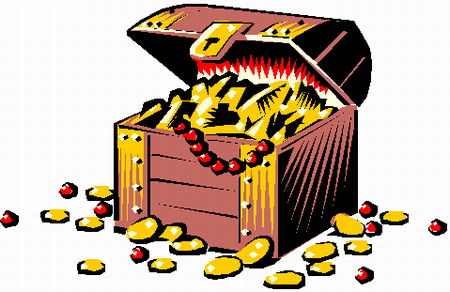Ojai Sam
Staff member

I did this series back on the old site and am bringing it back now due to overwhelming popular demand. Actually one person casually mentioned it about a year ago, but that's good enough for me.
Our mission here is to dig up music that for any number of reasons either fell off the radar or stayed undeservedly buried in the vault.
The Spotify playlist is here:
Last edited:





:format(jpeg):mode_rgb():quality(40)/discogs-images/A-274979-1115205728.jpg.jpg)
:format(jpeg):mode_rgb():quality(90)/discogs-images/R-6351164-1417112496-7916.jpeg.jpg)